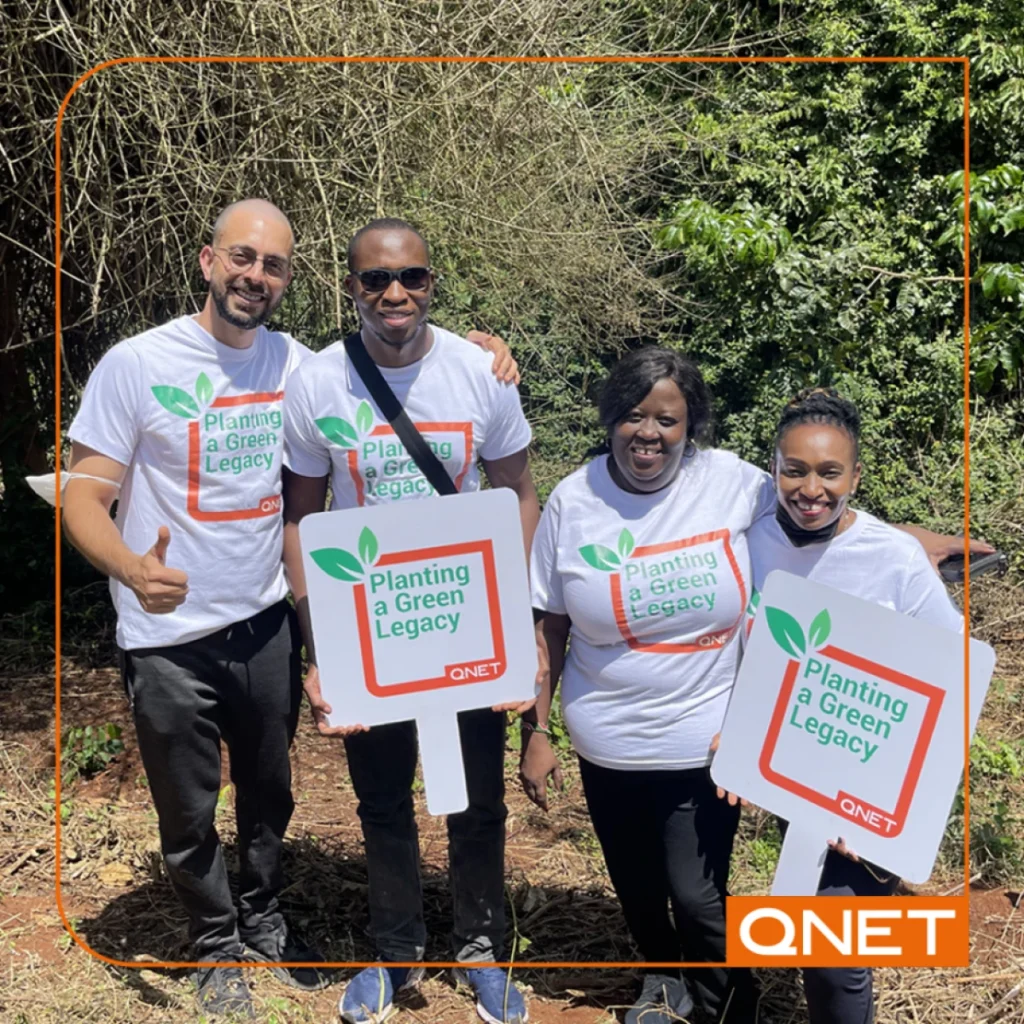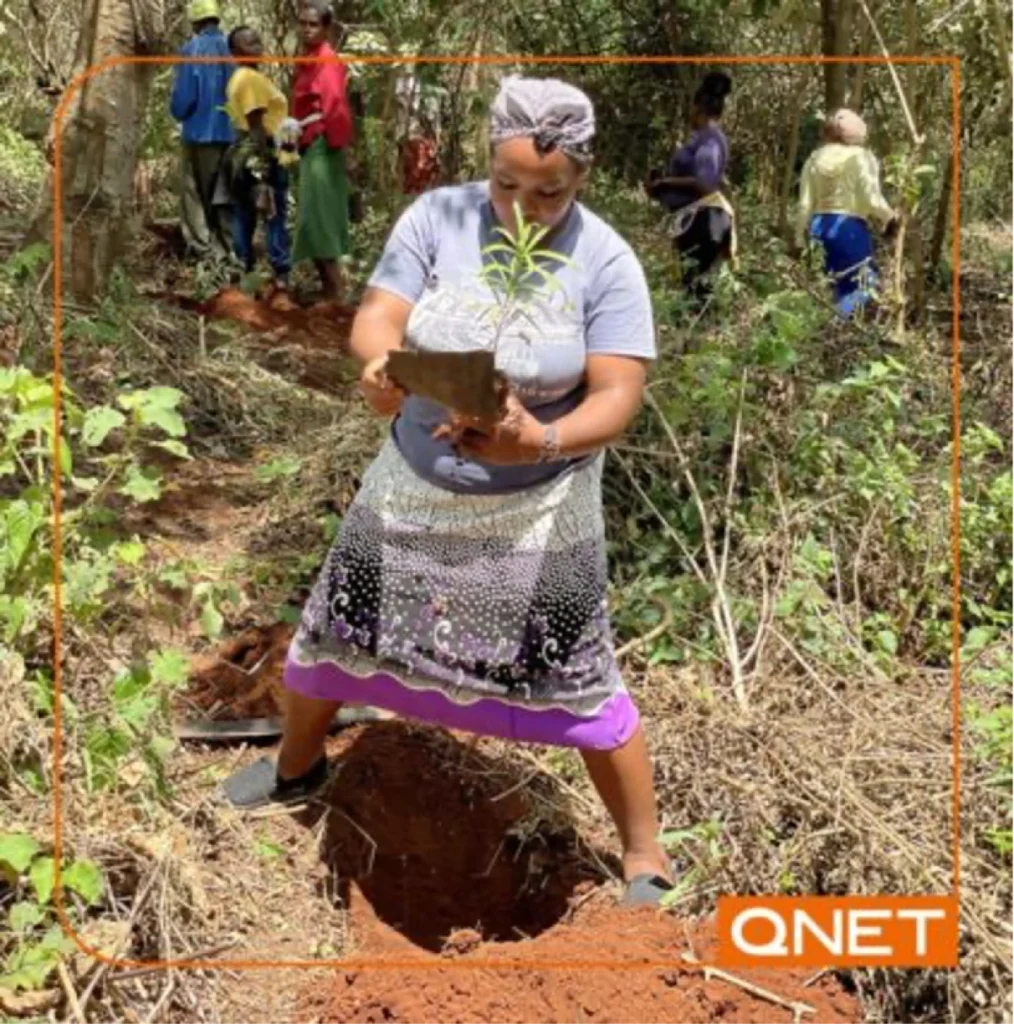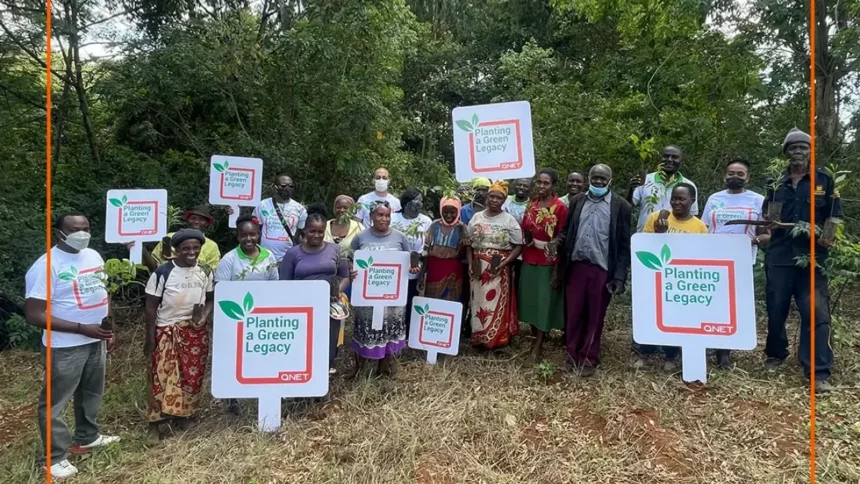Work has already begun in creating a QNET East Africa Green Legacy through our latest sustainability venture in partnership with Ecomatcher. As part of global initiatives to revitalise the green lungs of the world in Asia, the Middle East and Africa, QNET distributors in Kenya volunteered to make an impact. Our distributors visited the Eastern Forest Conservancy headquarters in Kenya to Trees for Kenya, a non-profit organisation, in their efforts in restoring natural forests. This is part of our global QNET Planting A Green Legacy project.
Our QNET East Africa Green Legacy So Far

Alongside our business ventures in the African continent, QNET has taken every measure to give back to the communities we work with by partnering with local NGOs and grassroots organisations. Our partnership with Ecomatcher is one of them. Through the Planting A Green Legacy project, QNET East Africa will see the planting of indigenous trees species.
So far, we have planted one thousand trees in Kenya, with the number set to grow over the next few years. We have planted 8 different species that will not only help the local communities but also help combat the negative effects of climate change.
Fun Facts About QNET’s Trees In Kenya

As part of the QNET East Africa Green Legacy project, we have planted the Croton megalocarpus. They are colloquially referred to as the generous tree because it is one of the most multipurpose trees in the world. Here are some fun facts about our trees in Kenya.
- They can grow up to 36 metres tall.
- They provide shade to a variety of crops, including coffee.
- Their bark is often used for traditional medicinal purposes.
- Bees who drink from the flowers of the Croton produce strongly flavoured and nutritious honey.
- The nuts can be used to produce oil which is used within cosmetics and sustainably sourced bio-diesel.
- The nuts can be also used as supplement food for livestock.
- Smoke from the seeds can act as a natural insecticide and repellent.






